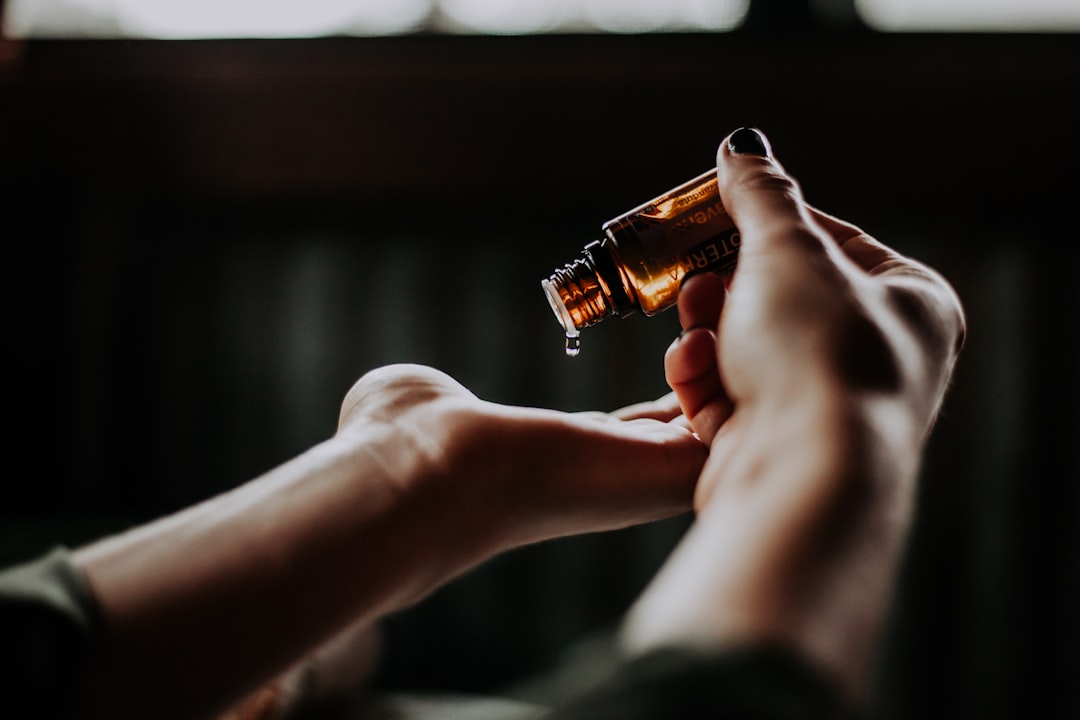Massage abuse, a serious issue in Oregon's wellness industry, involves non-consensual acts during massages, leading to psychological trauma and loss of trust for victims. To combat this, qualified massage abuse lawyers are vital for client protection, exposing training gaps and regulatory loopholes through legal action and policy suggestions. They collaborate with stakeholders, legislators, and the community to drive change, ensuring Oregon spas provide safe massage services. Using keywords like 'massage abuse Lawyer Oregon' aids in raising awareness and directing support for a safer wellness environment.
In Oregon, the wellness industry thrives, but the dark side of massage spas—massage abuse—remains a pressing concern. This guide aims to empower massage abuse lawyers in Oregon with strategies to drive policy change and protect clients. We explore the profound impact of abuse within spas, highlighting the pivotal role legal advocacy plays in upholding client rights. Through a step-by-step approach, we provide practical tools for attorneys to navigate this complex landscape, ultimately fostering safer practices across the state.
Understanding Massage Abuse and Its Impact in Oregon Spas

Massage abuse, a pressing issue within the wellness industry, refers to any form of misconduct or non-consensual acts that occur during a massage. In Oregon spas, clients may be vulnerable to various forms of abuse, from inappropriate physical contact to exploitation and even sexual assault. This problem often goes unreported due to fears of retaliation or embarrassment.
The impact of such experiences can be profound, leading to psychological trauma, loss of trust in professionals, and long-lasting fear. Understanding the scope of massage abuse is crucial for policy advocates aiming to protect clients’ rights and safety. By bringing attention to this issue, Oregon massage spa clients can receive better support, and law enforcement agencies can develop more effective strategies to combat such abuses, ensuring a safer environment for all patrons.
The Role of Legal Advocacy in Protecting Clients' Rights

Legal advocacy plays a crucial role in protecting clients’ rights within Oregon massage spas, where instances of massage abuse have been documented. Engaging a qualified massage abuse lawyer in Oregon is an essential step towards ensuring client safety and promoting policy changes. These legal professionals are well-versed in the complexities of spa regulations and can navigate the legal system to hold businesses accountable for any breaches of client rights or unsafe practices.
By employing strategic legal methods, advocates can bring attention to problematic areas within the industry, such as inadequate training, non-enforcement of consent protocols, or lack of oversight. Through litigation, public awareness campaigns, and policy recommendations, lawyers empower clients and contribute to the development of more robust regulations, thereby fostering a safer environment for spa visitors in Oregon.
Strategies for Effective Policy Change: A Step-by-Step Guide for Massage Abuse Lawyers in Oregon

Advocating for policy changes to protect clients in Oregon massage spas requires a strategic and systematic approach, especially for lawyers specializing in massage abuse cases. Here’s a step-by-step guide tailored for massage abuse lawyers in Oregon.
Firstly, conduct thorough research to identify existing policies and their loopholes that facilitate abuse. Engage with stakeholders like spa owners, employees, and clients to gather diverse perspectives. Next, analyze successful policy changes in other states to draw inspiration and adapt best practices to the Oregon context. Craft clear and concise proposals, outlining specific amendments with backing from evidence and anecdotes from real-life cases. Collaborate with local legislators who share your passion for client safety; they can offer invaluable insights into the legislative process and help navigate potential obstacles. Organize meetings with key decision-makers, presenting well-structured arguments and addressing concerns proactively. Utilize public outreach to raise awareness, gain community support, and amplify your message through media channels and social media platforms targeted at Oregon residents.





